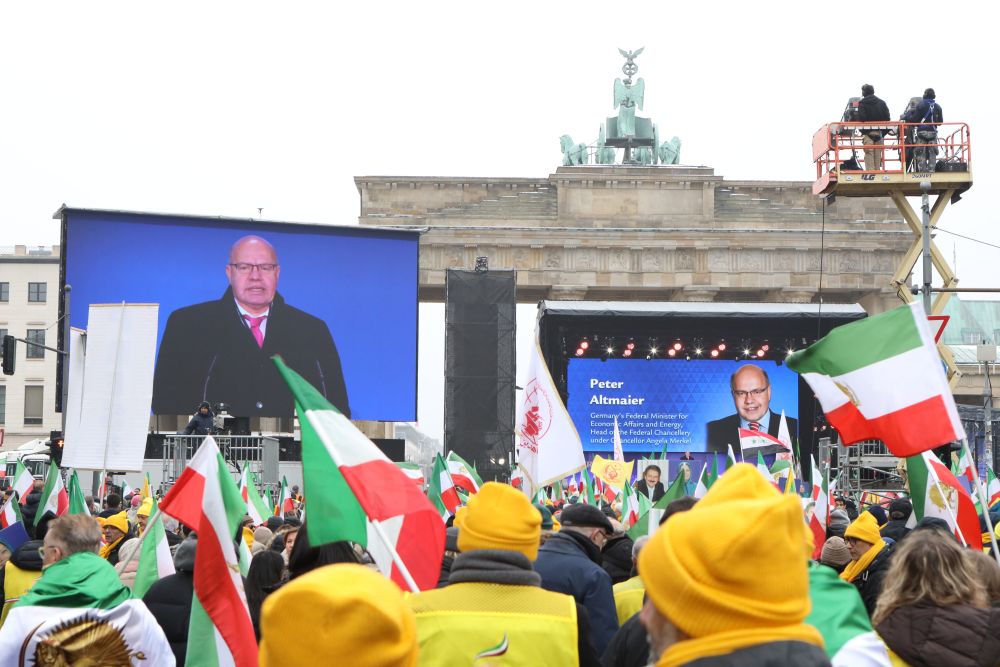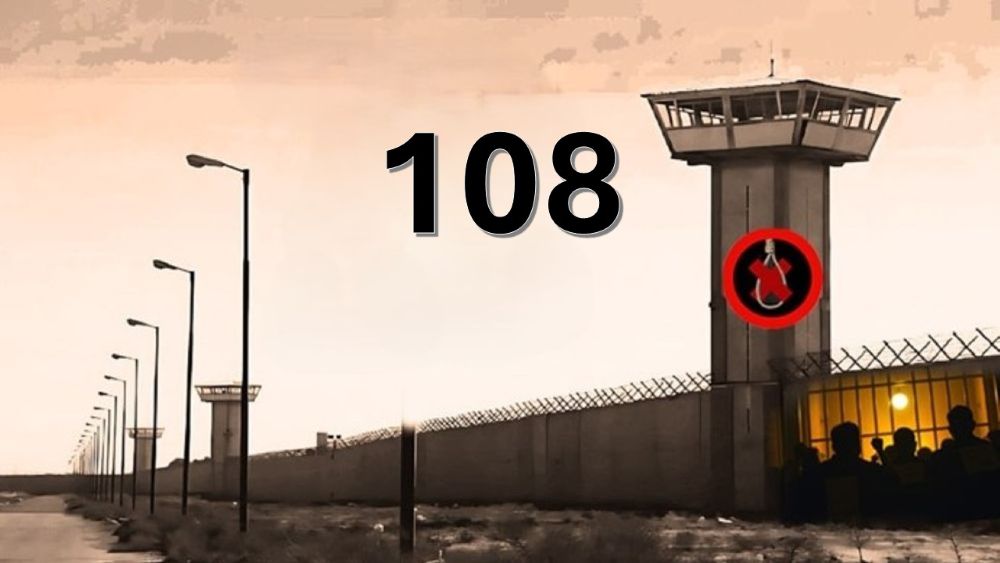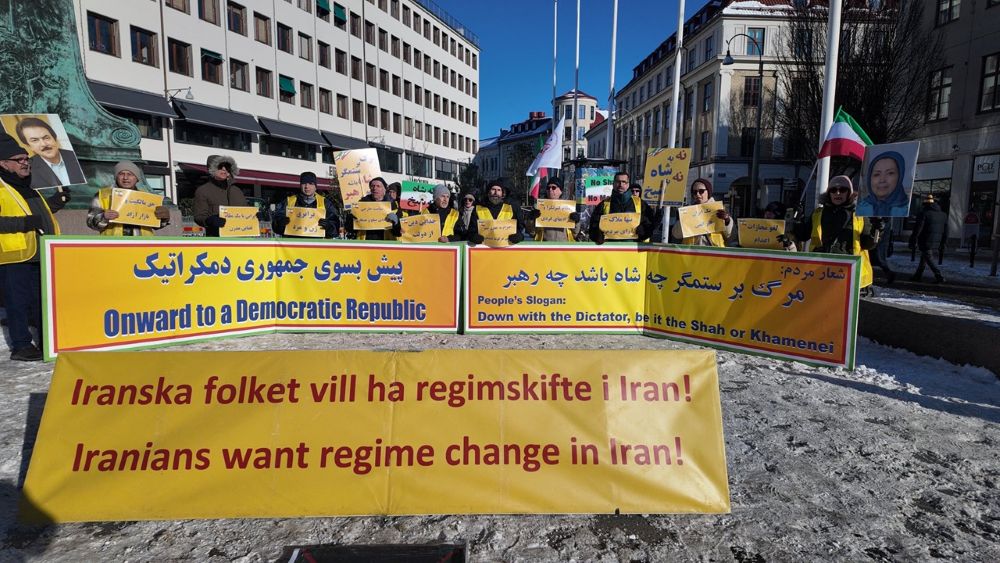New Iranian President Ebrahim Raisi has attracted plenty of criticism from human rights advocates around the world since the election earlier this month.
In a statement from Nouveaux Droits de l’Homme organization president Pierre Bercis, the elections were described as a mere “show” with the goal of ensuring that the president would be “obedient” to Supreme Leader Ali Khamenei, who is the country’s head of state and the successor of regime founder Ruhollah Khomeini. It then explained exactly who Raisi is for the rest of the world.
The statement read: “The foreign interlocutors of this regime must know that Raisi is the main perpetrator of the 1988 massacre, whose victims were first and foremost members and supporters of the People’s Mojahedin Organization of Iran (PMOI/MEK), the only resistance organization to stand up against this regime. Raisi later made himself further known in the crackdown on peaceful protests.”
Nouveaux Droit de l’Homme also urged the International Criminal Court to investigate Raisi and the regime because the dictatorship will never be able to reform itself (or hold independent investigations).
The Italian Parliamentary Committee for a Free Iran also wrote about Raisi’s “countless crimes against humanity” in a letter to Italian prime minister Mario Draghi, where they further explained that there is “no such thing as free elections in Iran” and that voter turnout was artificially inflated from 10% to 50%, as a result of the nationwide boycott that undermines the legitimacy of the mullahs.
The letter read: “This shows there’s a huge gap between the majority of the people and the regime and, in reality, the ‘moderates vs hardliners’ rivalry does not exist. With the appointment of Raisi, the regime wants to show a more brutal repressive face. Raisi was a member of the ‘death committee’ which, in the summer of 1988, oversaw the extrajudicial execution of 30,000 political prisoners. The US government sanctioned him for this and placed him in the blacklist of perpetrators of crimes against humanity. He has played a key role in the repression of any kind of dissent.”
The Committee asked Draghi to condemn the presidential elections and take action to ensure that Raisi is held accountable for his crimes in international court, rather than continuing to receive anonymity.
While Board Member of Justice for the Victims of the 1988 Massacre in Iran (JVMI) Tahar Boumedra, who was the former chief of the UN Human Rights Office in Iraq when the MEK were getting abused by the regime’s proxies, wrote an article for New Europe saying that this is Europe’s “moral challenge”. They must, he said, decided if they want to stand by their human rights principles or go after economic interests.
He wrote: “How can EU leaders possibly accept a mass murderer like Raisi as the President of Iran? How can they possibly shake hands with a man who according to his former victims personally handed down sentences of stoning to death, amputation of limbs, and throwing prisoners off a cliff, in addition to ordering the mass murder of thousands of defenceless political prisoners?”
Boumedra further called for a UN Commission of Inquiry into the 1988 massacre and a warning to the regime that crackdowns on protests would result in sanctions.



